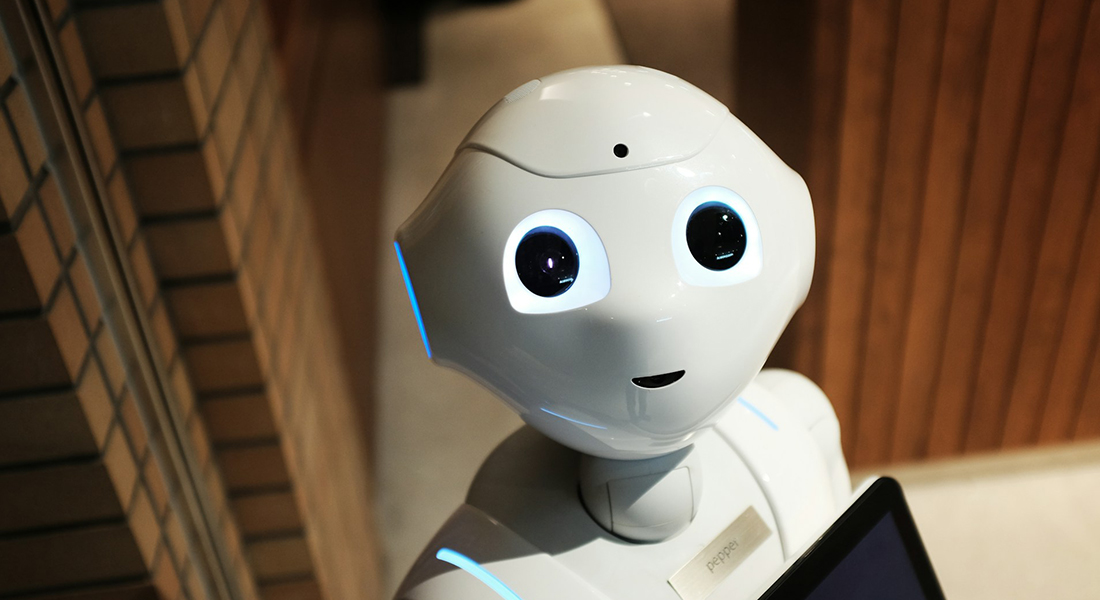Work automation is being put under the microscope
Who benefits when our labour is replaced by machines or artificial intelligence? Nicolai Waldstrøm will explore this. He is backed by a postdoc grant from the Carlsberg Foundation.

Automation – the replacement of labour with machines or artificial intelligence – is one of the fundamental drivers of economic growth because of its effect on productivity. It affects workers' wages, employment and return on investment.
In a new project, PhD student Nicolai Waldstrøm will incorporate the different distribution mechanisms into a new wave of macroeconomic models that incorporate realistic degrees of inequality.
Automation has the potential to create large efficiency gains in terms of economic growth.
"But because workers with varying skills, businesses and investors are affected differently, it is not clear whether everyone will benefit from such developments. Policy recommendations must reflect these trade-offs if the full benefits of automation are to be realised," he points out.
Modelling work in Zurich
The project "Redistributive Automation and Inequality" is being carried out by Nicolai Waldstrøm at the University of Zurich, thanks to a postdoc grant of DKK 1 million from the Carlsberg Foundation. Zurich is already home to some of the leading researchers on the effects of automation.
"Here, I will develop a new macroeconomic model that matches important features of income and wealth inequality data with empirical evidence on the incidence of automation," he says.
In total, the Carlsberg Foundation is awarding DKK 29 million this round. Read more about all the projects here.
Contact
Nicolai Waldstrøm
PhD research fellow, Department of Economics
Mail: nicolai.w@econ.ku.dk
Phone: +45 35 32 43 43 43
Simon Knokgaard Halskov
Press and Communications Advisor
Mail: sih@samf.ku.dk
Phone: +45 93 56 53 53 29
